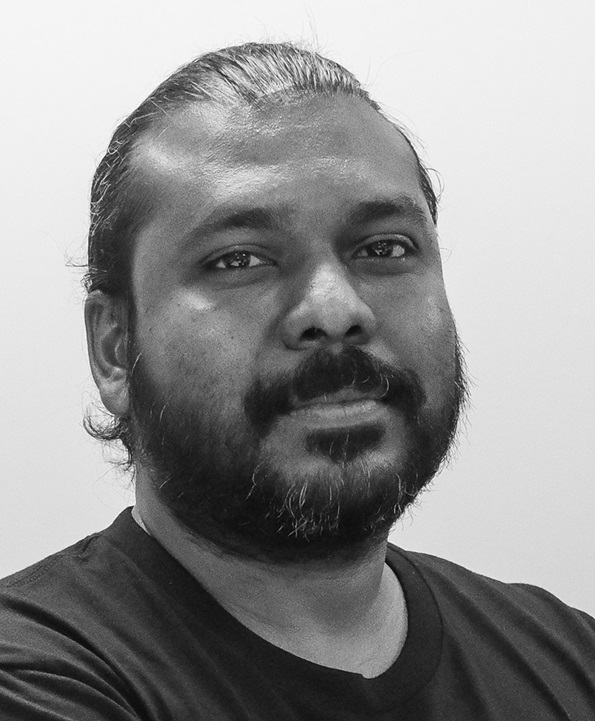KUALA LUMPUR — When English rock band Pink Floyd released the track “Us and Them” from their 1973 hit album The Dark Side of the Moon, many were intrigued by the last two lines from the chorus: “For want of the price of tea and a slice, the old man died.”
According to former National Sports Institute (NSI) chief executive officer, Datuk Dr Ramlan Aziz, this suggests that one must be willing to spend a little to avoid having to spend much more later.
Ahead of the 2025 budget announcement next week, Ramlan believes there needs to be greater awareness of mental health in sports.
Ramlan, who has more than three decades of experience in clinical sports medicine within the Malaysian sports industry, told Scoop that everything else will fail if mental health is not given paramount importance, including the necessary funding.
“There are two main aspects we need to consider: one is the athlete’s performance and whether they can cope with the mental demands, and two, recognising that athletes, like everyone else, have lives outside of sports.
“It’s not about prying, but as coaches and officials, we need to ensure that athletes are psychologically stable before we can expect the best from them. Otherwise, we risk preparing in an unbalanced way.
“In my years of experience, I’ve seen how athletes can crumble and underperform due to external factors.
“Mental health is not just one state of mind. More insidiously, there’s depression, anxiety, and other neuroses, which often fly under the radar because we either don’t know about them or dismiss them as a passing episode,” said Ramlan.

Having worked with top athletes like Datuk Lee Chong Wei (badminton), Datuk Pandelela Rinong (diving), and Datuk Azizulhasni Awang (cycling) in the past, Ramlan believes that financial funding alone is not the solution.
For context, RM72 million was allocated for sports under Budget 2024, including RM20 million for the Road to Gold (RTG) top-up initiative and RM12 million for para-athletes development.
According to Ramlan, who is also one of the RTG technical advisors, there aren’t enough experienced mental health experts working full-time for the NSI, since many of the experienced ones have either resigned or let go.
Ideally, every National Sports Association (NSA) should have a dedicated mental health trainer or therapist, but that is simply not feasible at the moment.
Ramlan believes that funding can be used to train more mental health practitioners, but it can also be used to hire external experts, such as clinical psychologists, to provide their services on a part-time basis.
“I have to be very frank; managing mental health issues is exhausting, not just for the patient but for the doctor as well. It’s not something you can measure absolutely or discuss with just anyone.
“We need to appreciate mental health in sports and take steps to manage it, ensuring a balanced mental state among athletes, coaches, and officials.
“To achieve this, we must be willing to spend what is necessary. Failure to do so, and we risk wasting money on the entire programme.
“Why bother sending our athletes for overseas training, testing, and expensive equipment, if we’re not willing to spend money on detecting mental health issues among them?
“Morally speaking, we shouldn’t short-change our athletes. They dedicate so many years of their late childhood, teens, and adulthood to this hard life; we must honour that by taking their needs seriously,” Ramlan added.
He went on to share that he will soon meet Youth and Sports Minister Hannah Yeoh to discuss matters related to the RTG as well as sports psychology.
Ramlan remains optimistic that Hannah takes mental health issues seriously and could be a pivotal force in raising awareness on the subject moving forward. — October 15, 2024


